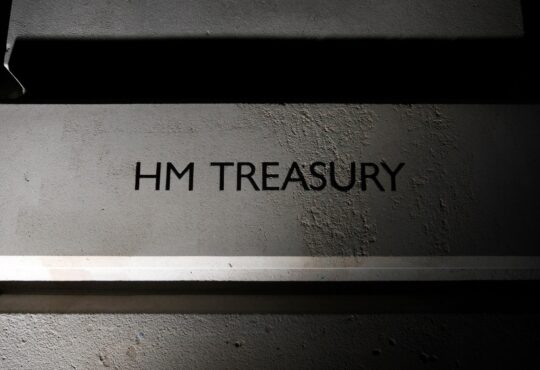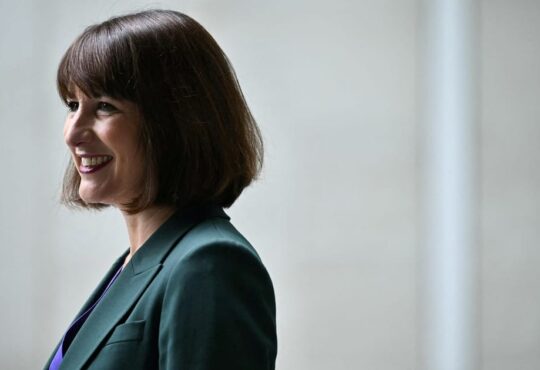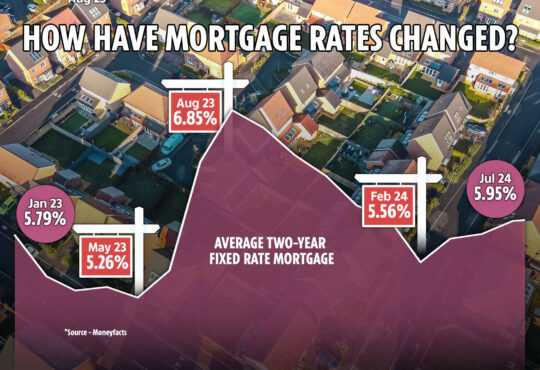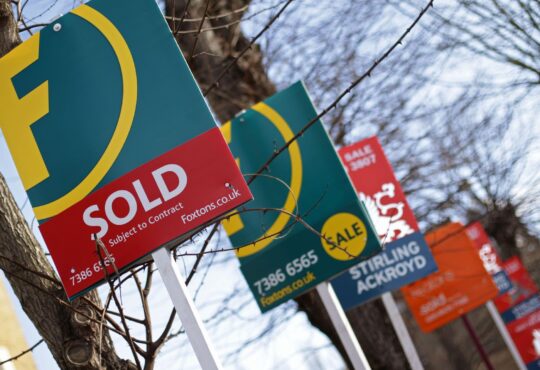
Almost nine out of 10 people have had to make adjustments to their lifestyles to combat the cost-of-living crisis, with the spike in the cost of the weekly shop the biggest impact felt by consumers, according to a new survey
The survey found 77% of consumers had been affected by the rise in the food shop, with single women the hardest hit.
As well as groceries, 69% of people said they were feeling the impact of energy bill increases, while 47% cited transport costs and 30% said eating out has become more expensive.
While 14% of people said they had been impacted by rising rent costs, 20% said they had been hit by higher mortgage interest repayments.
Only 7% of respondents to the survey claimed that increased costs had not impacted them at all, highest amongst single men at 15%.
The survey also suggested people aged 55-65 have seen the largest increase in their energy bills, at 80%, and in the cost of their weekly food shop at 86%. The survey of 1,000 adults was conducted for Aviva.
Aviva’s Eoin Kennedy said: “The eurozone inflation rate fell further in July to 5.3% down from 5.5% in June, according to new figures from Eurostat.
Mr Kennedy said European Commission figures published in June showed Ireland to be among the most expensive for goods and services in Europe, with some prices 46% above the EU average.
“The report, covering prices through 2022, cited that the high-level prices was driven to a large extent by expensive alcohol, tobacco, energy, transport, and communications,” he said.
“However, the ECB hinted at the possibility that it may pause a further interest rate hike in September, which would be a welcomed relief to mortgage holders.”

To deal with the rising costs, 87% of consumers said they had made some lifestyle changes, with eating out less often the most commonly cited among nearly half of respondents.
Furthermore, 36% of people said they were saving less while 43% said they were buying more own-brand items.
Aviva said some 21% of people were no longer saving, 12% had put off retirement saving, reducing the amount saved into their pension (10%) or stopped saving into their pension (8%).
Mr Kennedy added: “It is clear from our survey findings that consumers have become more price sensitive and are making adjustments to their lifestyles where they can in order to help them combat the price increases.
“However, as at the end of March of this year, Irish households continue to have a staggering €150.9bn in deposit accounts in credit institutions, much of which is earning little or no interest.
“Given that the ECB rate on deposits is now 3.75%, consumers should expect to be earning a reasonable return for their hard-earned cash.”






